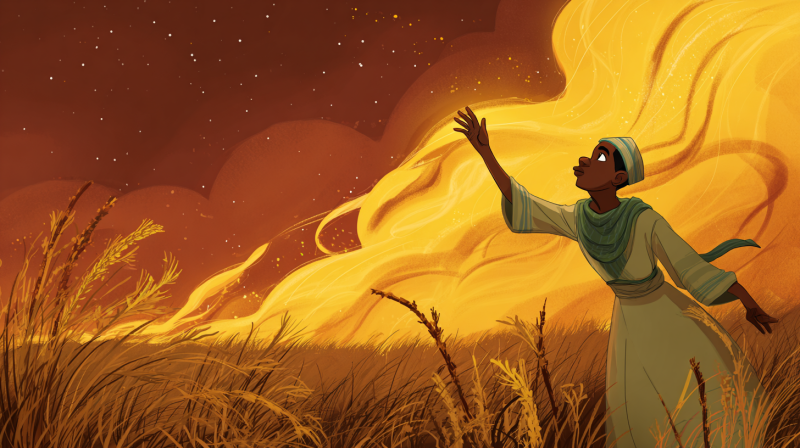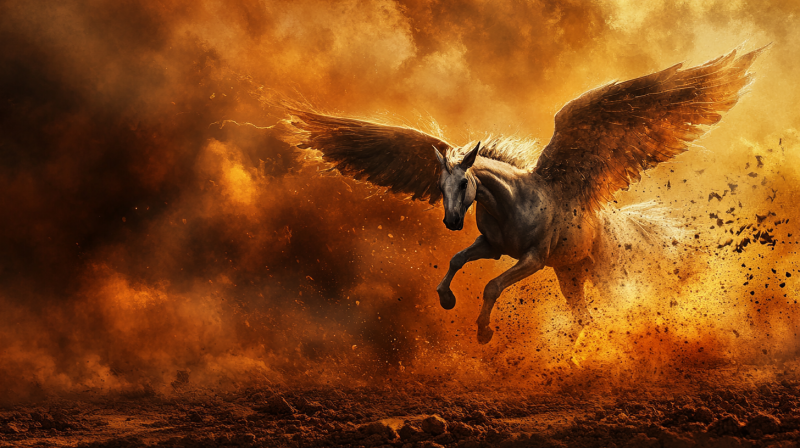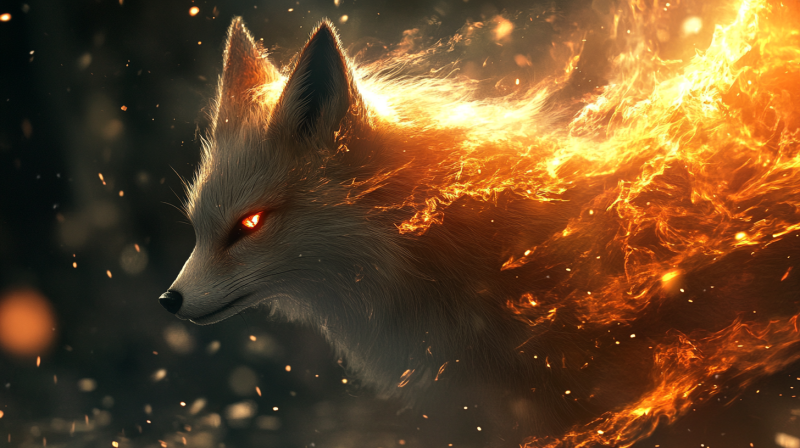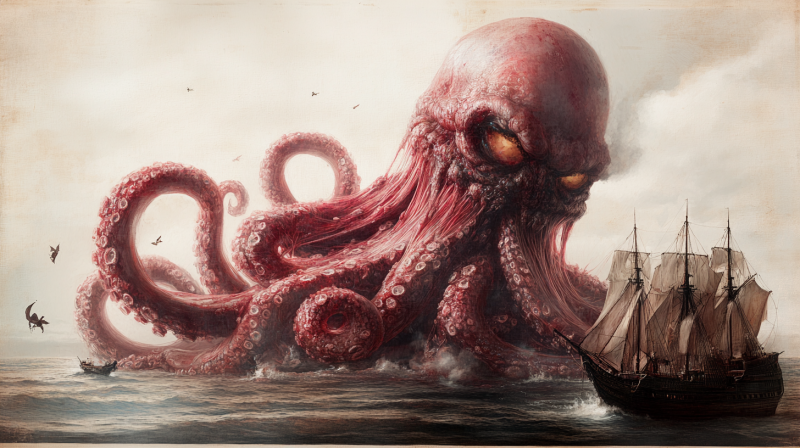In the vast tapestry of mythology, few creatures evoke as much wonder, fear, and fascination as dragons. These magnificent beasts have captured the imagination of humanity for centuries, their presence woven into the fabric of cultures across the globe. From the celestial guardians of Chinese lore to the fierce, fire-breathing monsters of European myth, dragons stand as timeless symbols of power, wisdom, and mystery. Join me on a journey through the annals of history as we delve into the mythos of dragons, exploring their origins, symbolism, and enduring cultural significance.
Origins of Dragon Lore
To understand the significance of dragons, we must first unravel their origins. The concept of dragons is as ancient as human civilization itself, with traces of dragon-like creatures found in the myths and legends of cultures worldwide. In Chinese mythology, dragons are revered as celestial beings, symbols of imperial power and cosmic balance. These benevolent creatures are often depicted as wise and noble, possessing control over the elements, and revered as guardians of the heavens.
In contrast, European folklore paints a different picture of dragons, often portraying them as fearsome adversaries, hoarding treasures and terrorizing villages with their fiery breath. The dragons of Western myth are symbols of chaos and destruction, embodying the primal forces of nature and the untamed wilderness. Yet, despite their menacing reputation, dragons also possess a certain allure; their power and majesty have captured the imagination of storytellers and artists throughout the ages.
Symbolism of Dragons
At the heart of dragon lore lies a rich tapestry of symbolism, with each aspect of these mythical creatures imbued with deeper meaning and significance. In many cultures, dragons are associated with strength, courage, and resilience, serving as symbols of protection and good fortune. In Chinese tradition, the dragon is a potent symbol of prosperity and auspiciousness, with its image adorning everything from imperial insignia to temple architecture.
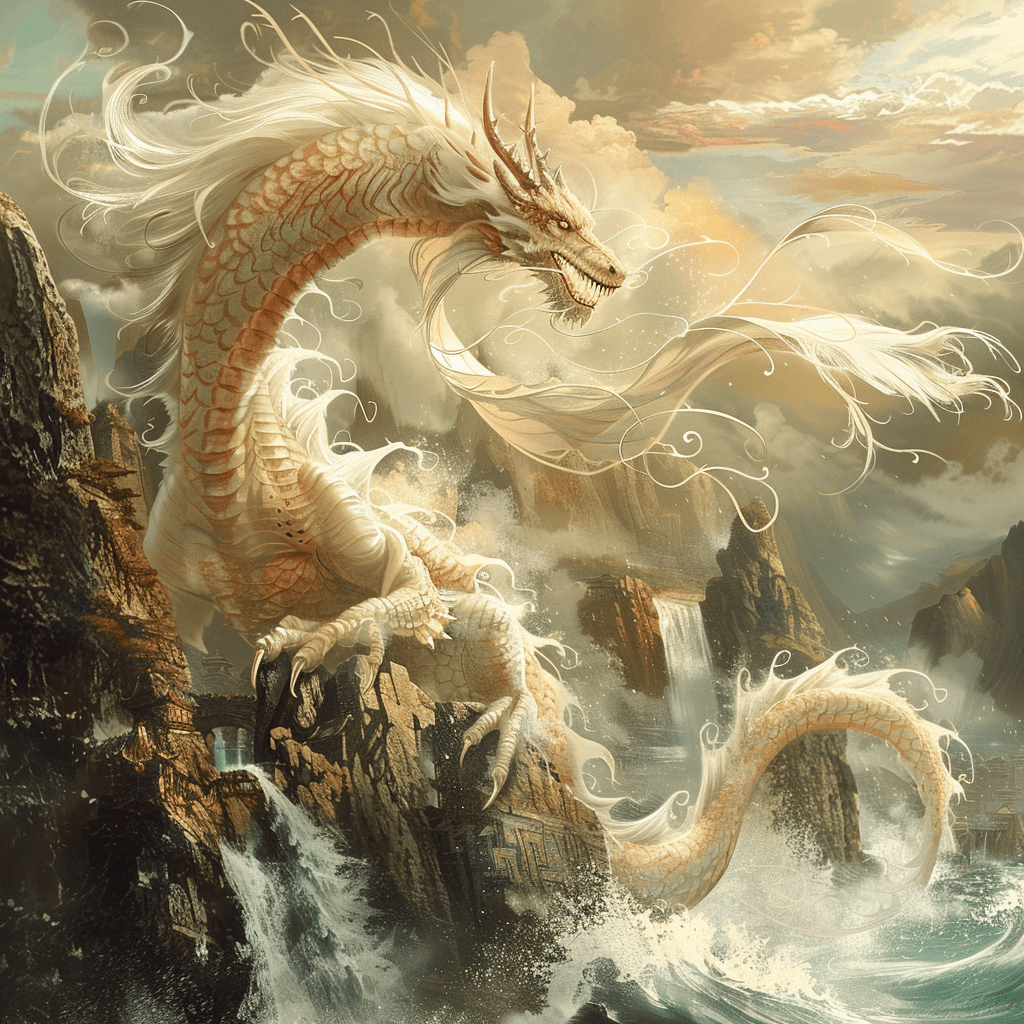
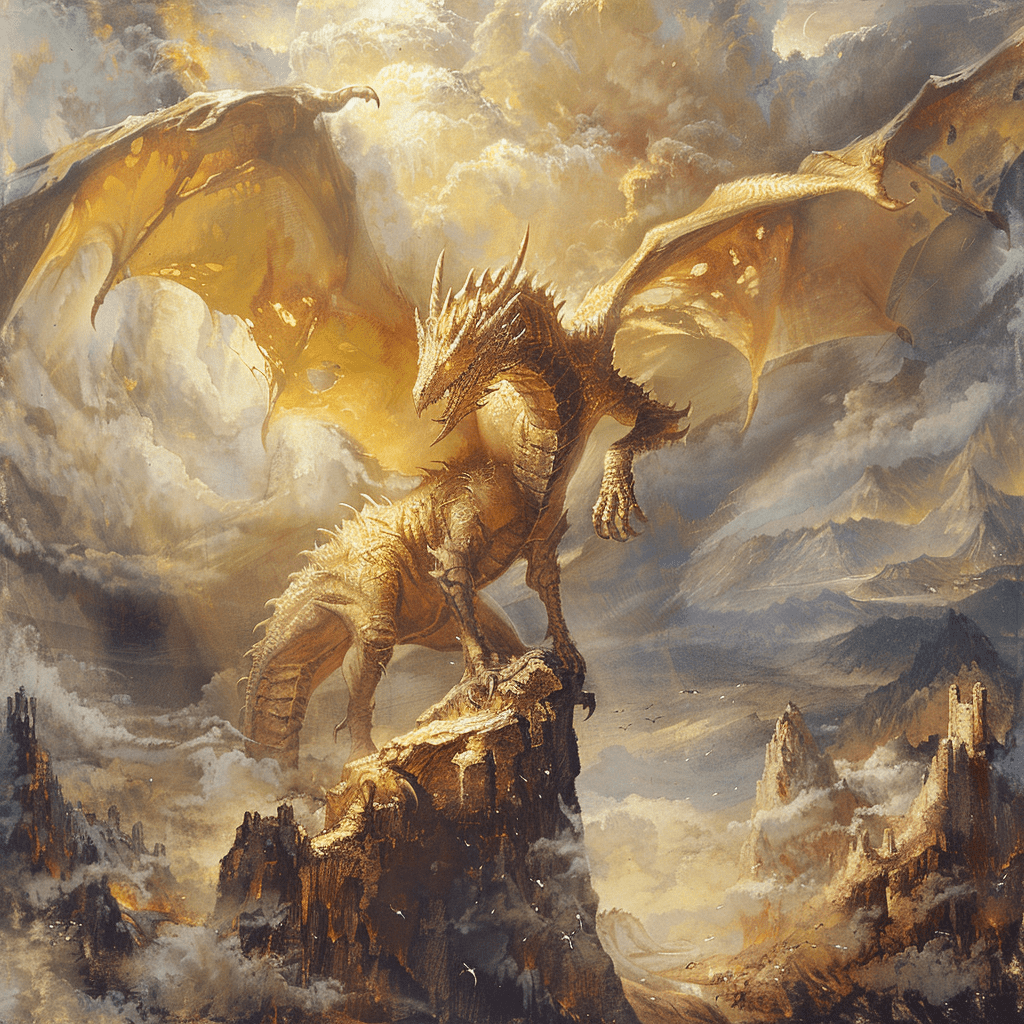
Similarly, in Western mythology, dragons are often linked to themes of heroism and adventure, with brave knights embarking on quests to slay the fearsome beasts and claim their treasures. Yet, beneath their fearsome exterior, dragons also embody qualities of wisdom and enlightenment, their ancient knowledge transcending mortal understanding. In some traditions, dragons are even seen as mediators between the earthly realm and the divine, their wisdom guiding humanity on the path to enlightenment.
Cultural Significance
The cultural significance of dragons extends far beyond mere myth and legend, permeating every aspect of human society. In art and literature, dragons have inspired countless works, from epic poems and heroic sagas to intricate tapestries and elaborate sculptures. In architecture, dragons are often depicted as guardians of sacred spaces, their fierce visages warding off evil spirits and protecting the faithful.
Moreover, dragons hold a special place in popular culture, with their timeless appeal resonating with audiences of all ages. From the pages of fantasy novels to the silver screen, dragons continue to captivate audiences with their awe-inspiring presence and larger-than-life adventures. In recent years, dragons have even found their way into the realm of gaming, serving as iconic symbols in countless video games and tabletop RPGs.
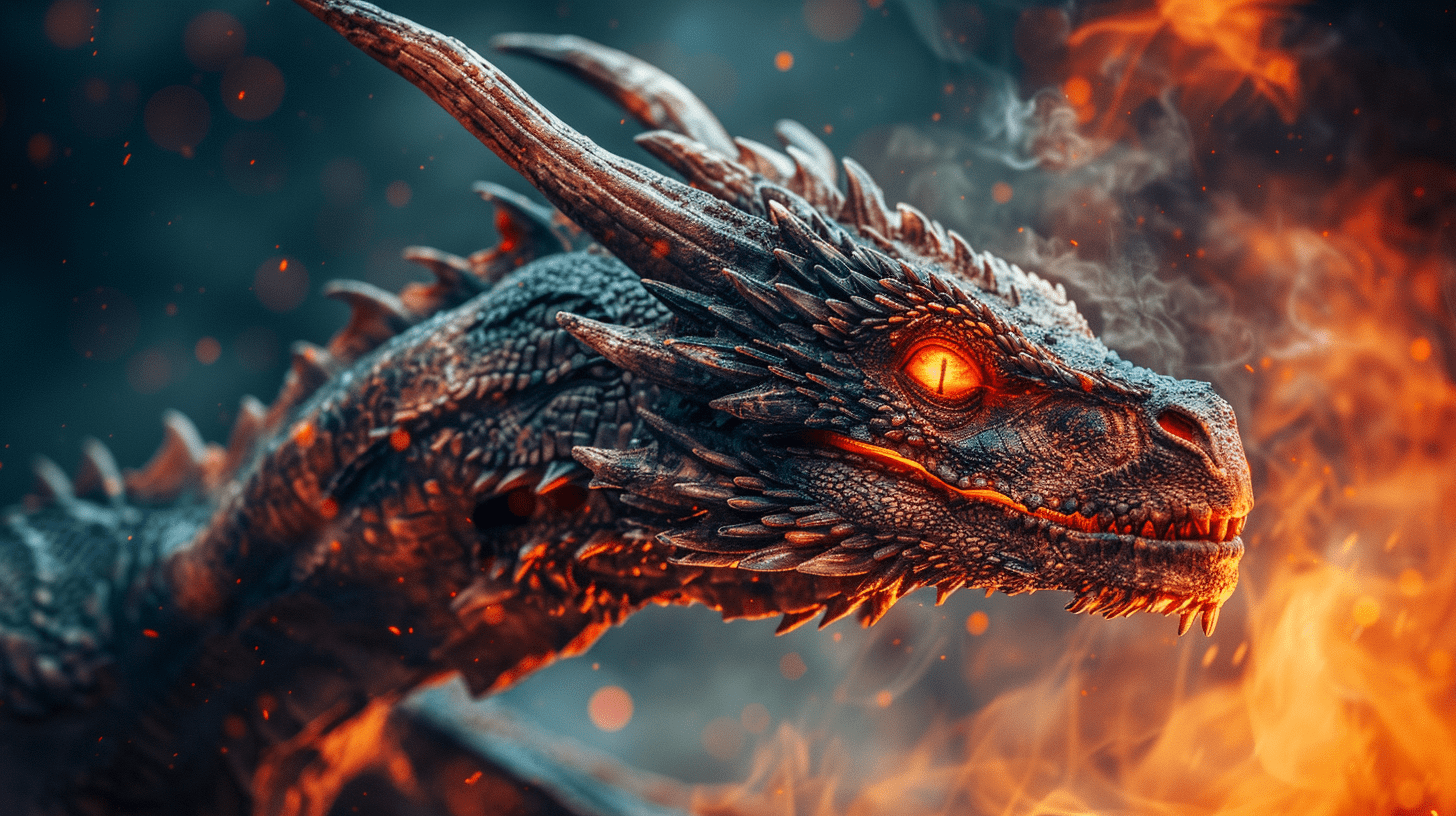
In the vast tapestry of human history, few creatures loom as large or hold as much fascination as dragons. From the celestial guardians of Chinese mythology to the fire-breathing behemoths of European folklore, dragons have captured the hearts and imaginations of people around the world for centuries. As symbols of power, wisdom, and mystery; dragons continue to inspire awe and wonder; their enduring presence is a testament to the enduring power of myth and legend. So the next time you gaze up at the night sky or venture into the depths of a dark forest, remember the dragons that dwell there, guardians of the cosmos and eternal symbols of the human spirit.

